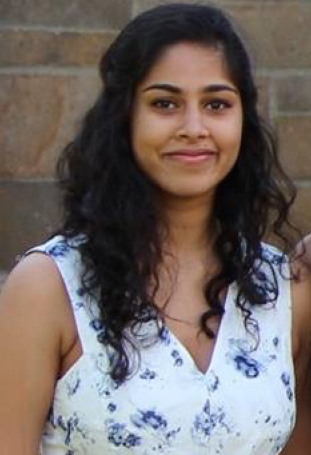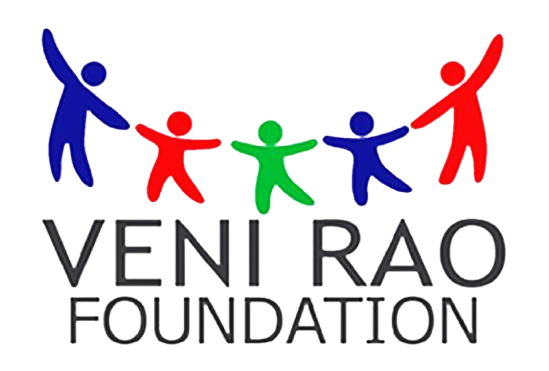Ms. Trishanya Raju
(Member)
Trishanya Raju, currently working as an Education Consultant, has completed her M.A. in Education and Human Development from George Washington University. She is the Founder of The Wandering Raven, and also works as Academic Innovation Coordinator at CHIREC International School. Trishanya is a Senior Executive at Biological E. Limited, a pharmaceuticals company in Hyderabad, and is the Managing Trustee of its Foundation, The Vijay Kumar Datla Foundation.
What do you think is the most pressing problem India is facing today?
I believe that unfulfilled potential is India’s most pressing problem today. The Indian Education System is undoubtedly doing better today than it was, say, a decade ago. However, a huge problem that still exists is the misallocation of resources. And with this, comes populations of our community who are left behind in education, because resources are not accessible enough to them. The children of our country have the potential to be brilliant, world-changing men and women. We owe it to them to give them a real chance at that future, and the way to do that is through a holistic education.
According to you, how can we improve the Indian Education system?
There are two parts to this: India is a diverse community, and the problems that our peers in one part of the country might be facing, are not necessarily the same as those we are facing in another part of the country. Often, the solution that is taken to address these issues is “give more”. More books, more money, more computers. However, if the resources that are given are not used or allocated properly, these become wasted resources. For example, when you go deeper into the issues, you learn that it is not just that there aren’t computers, it is also that there may not be consistent electricity in the school, or that the teachers themselves are not trained to use the computers. While the general issues in education are consistent across the country – such as the lack of proper teacher training, inefficient use of teachers’ time, unsafe learning environments, lack of textbooks and other resources, inaccessibility of a place of learning by a student – some problems are more pressing than others in different areas. It is important for districts to identify issues that are unique to their regions, and allocate resources that address those core problems. We must focus on the heart and soul of education: teachers, and their students, to identify and address the problems barring them from effectively participating in the Education system.
